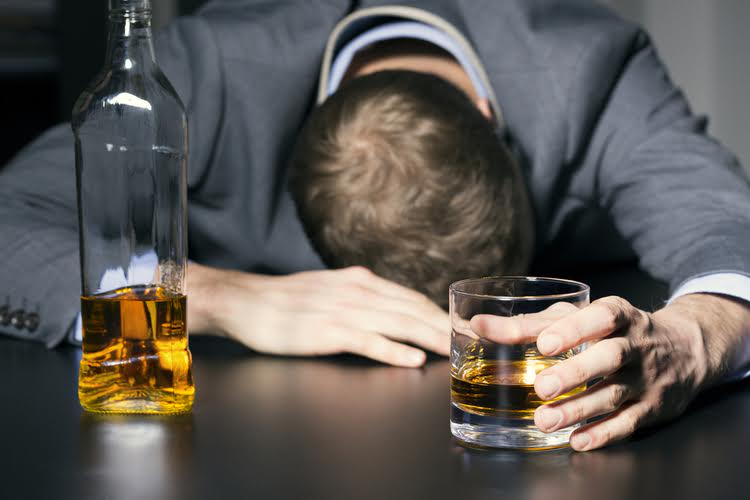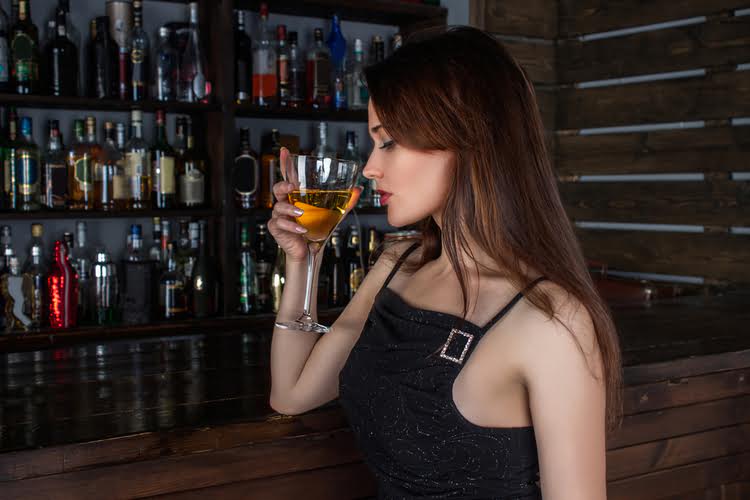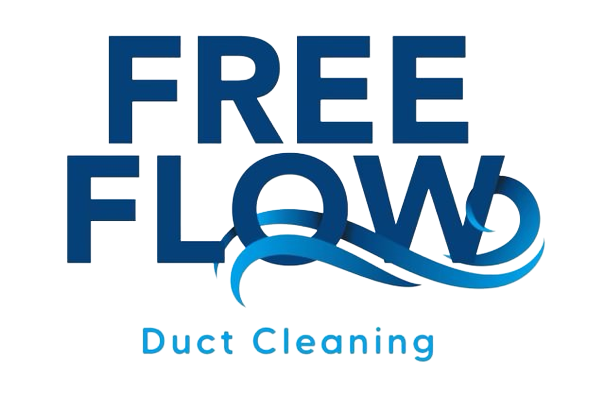Anxiety And Alcohol Abuse
One theory of why this happens is called the “tension reduction hypothesis.” This theory suggests that alcohol is used as a self-medicating method to reduce stress and anxiety. Joining groups like Alcoholics Anonymous does alcohol give you anxiety (AA) or specialized anxiety support communities can provide a sense of belonging and shared understanding. Individual therapy with a trained professional can also address the unique challenges of managing anxiety and addiction.
- By using Oar Health, you can access prescribed medications like naltrexone conveniently from home, integrating medical support into your recovery process.
- This article explains the links between alcohol and anxiety and how to manage anxiety disorders and AUD in daily life.
- Instead, they should only quit under the care and watch of a specialized rehab facility for professional treatment.
- Pre-existing anxiety disorders, such as generalized anxiety disorder (GAD) or panic disorder, increase the risk of heightened anxiety after alcohol consumption.
Risk Factors for Developing Alcohol-Induced Anxiety Disorder
But when you use a drug often enough, your brain starts to turn towards the drug to cope and you can actually lose even more of your ability to stop panic attacks without the assistance of a substance. Eventually, when you don’t drink alcohol, you may also suffer from panic attacks even more often than you did before drinking, especially if you drink every day or to numb your anxiety. In other words, drinking alcohol may give you Twelve-step program a temporary sense of relief, but in the long term it’s likely to worsen your anxiety and weaken your coping capacities. Increased heart rate, or tachycardia, affects 40-60% of individuals with alcohol-induced anxiety disorder, particularly during withdrawal. Alcohol impacts the autonomic nervous system, which controls involuntary functions like heart rate. When alcohol is removed, the body may experience a rebound effect, leading to an increased heart rate and heightened anxiety.

Evidence-based Treatments
If you are concerned that you or someone you care about has a problem with alcohol there is a lot of help available. Here you can find useful links and phone numbers to get the support you need. McCoy has written for publications like Remedy Health Media, Sleepopolis, and Expectful. She is passionate about health education and loves using her experience and knowledge in her writing. Harper volunteered for a five-year term on her medical school’s admission committee, has given numerous presentations, and has taught medical students and residents. She is passionate about volunteering for the state medical board’s medical disciplinary commission, on which she has served since 2015.

Fear of Abdominal Breathing: When Breathing Feels Unsafe
If you find yourself constantly having alcohol-induced panic attacks or if you can’t control your heavy drinking, it could be a sign that you’re engaging in substance abuse. Alcohol use disorder (also referred to as AUD, alcohol addiction, https://ecosoberhouse.com/ alcohol abuse, or alcoholism) is when you excessively consume alcohol and can’t stop drinking, even despite negative consequences in your life. “When a person stops drinking, they can experience alcohol withdrawal symptoms, which can include increased anxiety and panic attacks,” Oeswein says. Vaillant (1995) has conducted a 40-year followup of 2 samples, one including more than 200 college men and the other including more than 450 blue-collar boys who were ages 11 to 16 at the time of the original study.
- Limiting caffeine intake, particularly before and after drinking alcohol, can help reduce anxiety symptoms.
- Such alterations can allow therapists to calibrate the dose of exposure that optimizes efficacy for extinction of the target fear response while minimizing the risk for relapse to drinking.
- Mental health experts suggest that while alcohol may initially provide a sense of relief or relaxation, it can exacerbate anxiety symptoms over time.
- This is why people often feel more relaxed, less inhibited, and temporarily less anxious after a few drinks.
- It’s possible to have anxiety after drinking alcohol without having an anxiety disorder.
- Co-founded by a patient and a triple-board-certified psychiatrist, Talkiatry has over 300 doctors, 60 insurance partners, and first visits available in days.
He recommends no alcohol within four to six hours of bedtime to protect deep sleep and prevent sleep disruptions and next-day anxiety. Sood also suggests writing down your drink limit for the day before your first sip and scheduling alcohol-free days when you don’t drink at all. Antidepressants may be taken every day to help treat anxiety, while benzodiazepines are generally used for temporary relief from uncontrollable feelings of anxiety.
Top 3 Questions and Answers About Alcohol Induced Panic Attacks
These effects are particularly visible the day after drinking when the hangover begins to set in. As the sedative effect of alcohol wears off, you may experience a spike of anxiety or panic as your body begins to withdraw from the substance. The sequential, parallel, and integrated models each are beneficial in certain respects, and each method should be considered a valuable option in the practitioner’s toolkit. Exposure to feared stimuli is a powerful and active treatment ingredient that is recommended across the spectrum of anxiety disorders. Third, different comorbidity patterns exist among patient subgroups with different demographic characteristics such as race/ethnicity and gender.
Administration of these methods for comorbid individuals is complex and may require modification of standard procedures to yield the greatest efficacy. It also is notable that the optimal sequence and timing of treatments remain undetermined even after decades of scientific inquiry. In light of the current evidence, the most practical approach to combining treatments is to weigh the benefits and drawbacks of each method and apply them judiciously. Have you ever experienced shortness of breath, a racing heart, trembling, and an overall sense of impending doom after drinking? Panic attacks are intense episodes of super-high anxiety and intense fear. While panic attacks typically occur out of nowhere for no reason, alcohol intake can directly or indirectly trigger them for some people.
Treatment options for alcohol use disorder
- A systematic review and meta-analysis found that meditation programs can lead to small to moderate reductions in anxiety and depression.
- This disorder occurs when alcohol consumption causes or exacerbates anxiety, either during intoxication, immediately after drinking, or during withdrawal.
- For many people, a sudden headache, a flutter in the chest, or a lingering stomach cramp can pass with a shrug.
- But once you start drinking, you can build a tolerance to the de-stressing effects of alcohol.
- They started when alcohol was used as a coping mechanism for dealing with stress.
But for those struggling with health anxiety, every bodily sensation can feel like the start of something catastrophic. Regardless of how much you drink, you should still aim to reduce your intake. Various resources recommend a maximum of one or two drinks per day, though it may be more beneficial to eliminate consumption if possible.
